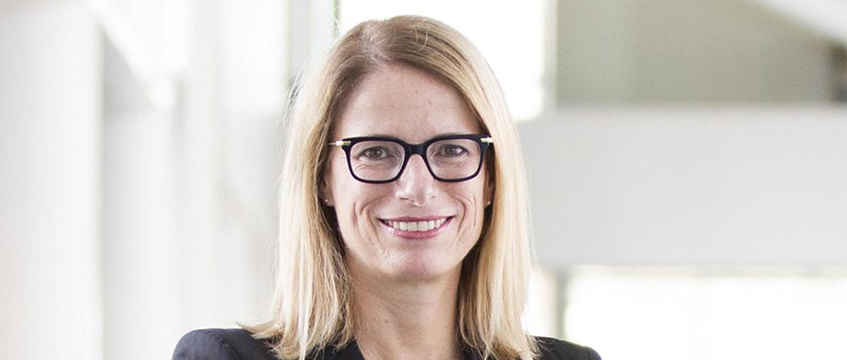I doubt anyone would forgive Hammerson chief executive Rita Rose Gagné if she clapped her hands together, exhaled and said her job was now complete.
This week the REIT finally sealed a deal to exit its Value Retail shareholding, a complex structured ownership that failed to deliver adequate returns to the business, despite being in the booming outlet sector. The shareholding has now been sold to private equity firm L Catterton in a deal that gives the business an enterprise value of £1.5bn and delivers some £600m to Hammerson.
While the sale was at a 24% discount to its gross asset value of £2bn, for Gagné the deal represents a turn of a new page for Hammerson and is a “game-changer” for its balance sheet, turning the REIT from being benched to a player in the market.
“This is a transformational deal for Hammerson, generating cash proceeds of £600m while removing an overweight, low-yielding and minority stake, and positioning us for accelerated growth and value creation,” said Gagné. “The disposal focuses our portfolio on prime urban real estate with a transformed capital structure and the capacity and capability to advance our strategy in higher-yielding opportunities with stronger returns, while enhancing returns to shareholders.”
“We scaled back, but we are scaling back up,” Gagné told EG. “The notion was never to make the company smaller, it was to make the company larger and stronger. We just had to go down this path to then grow it back in the right way.
“I’m excited about the next stage for Hammerson. We have done this turnaround over the past three years, which has been really intense work and now we are turning the page. This is a game-changer for our balance sheet and we can look forward and now we have the capacity to do what we want and to play out there with other players.”
Playing out there with other players means being fully back in the market, investing and growing instead of tidying up and cutting back.
“We are at a point in the cycle where I can now be on the front foot to capture the exceptional value creation opportunities I see in the near, medium and long term,” she said. “This is exactly what this transaction will deliver.”
When Gagné spoke with EG in March, she likened Hammerson’s turnaround to a workout. The company need to shed the fat before it could put the muscle back on. Now, once that £600m of cash from the Value Retail deal hits its bank account, she is ready to flex.
Hammerson has identified £350m of proceeds from the sale to reinvest in its portfolio and Gagné intends to make consolidating its joint ventures a priority for that investment.
“Now we are moving into reinvesting in our assets,” she said. “We have sold all the non-core stuff, and we now own prime assets and it is about reinvesting in these assets.”
She added: “Now we are talking about opportunities around consolidation of our holdings. We have around £1bn in JVs and there is an opportunity in there to look at consolidating our ownership and getting 100% ownership of the assets… Now we have the capacity to look at that with conviction.”
Gagné added that the firm may also look at opportunistic buys but said any acquisitions would need to be aligned with its strategy.
“We are quite specific with regards to what we will invest in,” she said. “It obviously needs to be higher than our cost of capital and generating the proper returns and be aligned to our city centre focus. Our priority will be consolidating our assets.”
UK assets currently held in partnership by Hammerson include the 1.7m sq ft Bullring and 405,000 sq ft Grand Central, both in Birmingham, and both held in 50:50 joint ventures with CPPIB; the 1.2m sq ft Cabot Circus in Bristol, jointly owned with AXA Real Estate; the 1.1m sq ft Oracle shopping centre in Reading, Berkshire, which it owns 50% of alongside ADIA; the 1m sq ft Westquay shopping centre in Southampton, Hampshire, held in equal partnership with GIC; Brent Cross in north London, in which it holds a 41% stake; and the 1.3m sq ft Dundrum town centre project, held in a 50:50 jv with Allianz.
ADIA has already been seen to be keen to exit some of its retail holdings, having entertained offers for its stake in Liverpool One earlier this year.
Hammerson said it was already investing in Bullring, Dundrum and Cabot Circus to reposition the centres. Alongside bringing in more leisure to the schemes and bringing back major retailers – earlier this month the REIT secured an 80,000 sq ft letting to Marks & Spencer at Cabot Circus, with the retailer investing £21m in the store – Gagné said many of its city centre sites had the potential for residential development.
After three years of turning the business around, Gagné said she now had a deep understanding of the business and that it was uniquely positioned to drive value with a scalable platform.
Send feedback to Samantha McClary
Follow Estates Gazette











